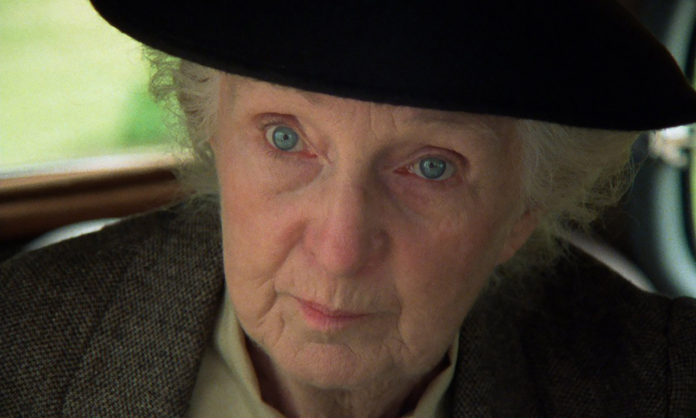In a post on CrimeReads, Benjamin Stevenson examines the purported rules for writing crime fiction and some authors who broke them. “You may know that Agatha Christie and her Golden Age contemporaries formed a group they called ‘the detection club’ – to meet and discuss mystery novels and their craft – complete with a membership oath swearing to play by the rules (that mysteries shall not be solved with ‘Mumbo Jumbo, Jiggery-Pokery, Coincidence, or Act of God’) with readers,” he writes. Following that, Ronald Knox wrote his “Ten Commandments of Detective Fiction.”
Do those rules measure up? Stevenson examines some books where the rules didn’t make the cut. (With spoilers)
Rule 1: The criminal must be someone mentioned in the early part of the story, but must not be anyone whose thoughts the reader has been allowed to follow.
Sherlock Holmes stories pass. Many of James Patterson’s novels do not.
Rule 2: All supernatural or preternatural agencies are ruled out as a matter of course.
Stephen King both passes (Mr. Mercedes) and fails (End of Watch).
Rule 3: Not more than one secret room or passage is allowable.
Knives Out passes. The Devil and The Dark Water by Stuart Turton fails.
Rule 7: The Detective must not himself commit the crime
Lee Child’s Jack Reacher series passes. At least two Agatha Christie novels break this very rule.
Rule 9: The stupid friend of the detective, the Watson, must not conceal any thoughts which pass through his mind; his intelligence must be slightly, but very slightly, below that of the average reader.
The Word Is Murder by Anthony Horowitz gets a passing grade. Gillian Flynn’s Gone Girl does not.












